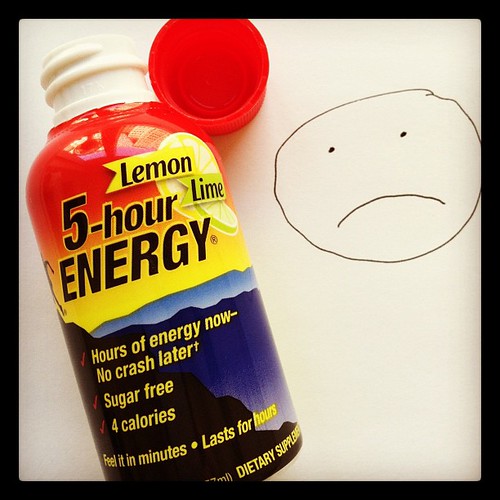Every now and then I get caught up in what I am doing, in what my job title is or the amazing productions I am a part of pulling off. Sometimes these are going well and I am flying high. When things are going less well, I am faced with the question of where I derive my worth from.
If a production goes well, I’m a good person and worth something? If a production doesn’t go well, am I a bad person and worth less?
I have been spending some time reading the book of Romans and yesterday it was time for Romans 12.
1Therefore, I urge you,brothers and sisters, in view of God’s mercy, to offer your bodies as a living sacrifice,holy and pleasing to God—this is your true and proper worship.
This hit me at just the right time. What I do matters. How I do it matters. However, the outcome is not a representation of who I am as a person. What I do and how I do it are acts of worship. I do them not to define who I am, but I bring all of who I am as a spiritual discipline.
It can be easy to get caught up in doing cool things because they are cool. So you go all out and bring your best because it is fun to be a part of something amazing. It is also easy. What about the mundane parts of my job? Why do I do those things?
I was having a conversation with a friend about classical music the other day, and how there are two extremes versions of conductors: those that select music for an amazing musical environment for the musicians, and those that give the audience the type of music that most people like to listen to. The challenge with playing music the largest audience would like, is that the orchestra members end up playing the same Beethoven symphonies over and over again. The audience gets what they want, but the orchestra slowly dies.
At the end of the day, each member of the orchestra needs to figure out why they are playing in the first place. If they are playing music they love but nobody is coming to hear them, they don’t have a job. If they only play the stuff people want to hear, how can they motivate themselves to pour their passion into Mozart’s 40th symphony one more time?
We all have less sexy parts of our jobs. Right now, my answer for handling the mundane or the less than wonderful parts of my job, is that I am not doing it define my own value, I am doing it as my act of worship to a God who created me this way, and I want to show my thanks at every opportunity. As we say around Willow Creek, I will give my best because God gave his best for me.
I would encourage you to read the rest of Romans 12.
You are not defined by what you do, but we are called to be all we were created for.
Let your actions be motivated in worship, not by trying to determine whether you are good enough or not.










